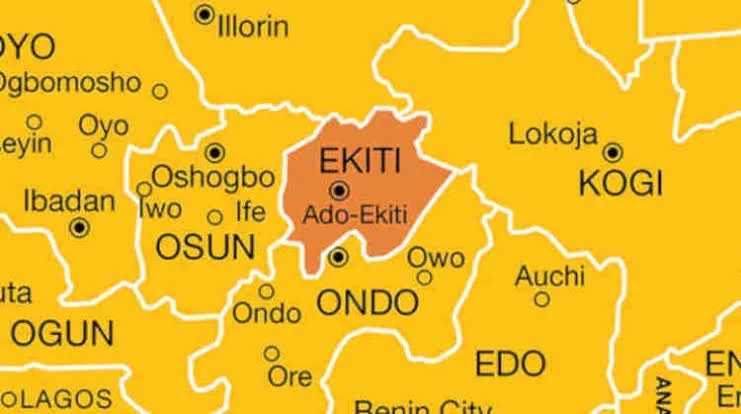For most Nigerians, the most objective metrics of rating government performance are the tangibles. A few good roads, especially dual carriageways and overhead bridges even in places they are not exactly priority; eye-catching shopping centres that will remain unoccupied for ages because of prohibitive rent and imposing school buildings lacking in requisite instructional facilities are some of the tangibles that get us impressed.
Our elected officials, conscious of our (justifiable) appetite for these, focus on them almost exclusively because they provoke instant drool and attract approving phrases like “performing governor/president” or “uncommon transformation/transformer”. To the politician, they represent performance proof points, which are happily dressed up as “giant strides” in lavish, if not obsequious, advertorials.
- Intrigues as PDP bigwigs battle for 2023 presidential ticket
Despite huge pay, senators, reps, fleece aides
To be clear, efforts at providing infrastructure, however half-hearted, tend to get our juices flowing. While some of these efforts are commendable, they are not the sole index of transformation. Real transformation, to my mind, is a much deeper concept, as it requires the fusion of tangibles and intangibles, in equal proportions, to create a self-running system that produces delightfully balanced and sustainable outcomes.
The world’s most progressive societies pay adequate attention to the intangibles because they are critical to the delivery of the tangibles and are reflective of leadership values. Among the intangibles are ethical capital, which shapes the complexion of leadership in a way that manifests the obligation to positively affect socio-economic affairs; belief in the ability of experts and in the efficiency of government and very crucially, inclination towards reform.
All of these, I have observed the commitment to the provision of physical infrastructure that caters to the see-and-feel need of the populace.
Running alongside these infrastructure revamp initiatives are bold and deliberate attempts at instituting enduring reforms through laws, some of which he recently signed. Big deal? This has to be a legitimate question, given his education, exposure and affiliation with progressivism. Answer to this question is provided by the recently signed laws and the potential to strongly stamp accountability, transparency and inclusivity on the governance process in Ekiti.
Unsurprisingly and for reasons not far-fetched, the one that has attracted most attention is the Local Development Council Area (LCDA) Law, which greenlighted the creation of 19 LCDAs in addition to the 16 local government areas that existed before the signing of the law. It may seem trite, but the law, among other things, will facilitate greater popular participation in governance, as it brings government closer to the people by deepening citizens’ understanding of the conduct of public business, reducing the chances of disruptive behaviour by citizens in seeking to get their concerns addressed, affording citizens greater access to and ability to influence policy/ decision-making process and providing smaller communities better representative opportunities in local governance and politics.
Moyosore Ogunruku writes from Ado-Ekiti

 Join Daily Trust WhatsApp Community For Quick Access To News and Happenings Around You.
Join Daily Trust WhatsApp Community For Quick Access To News and Happenings Around You.

